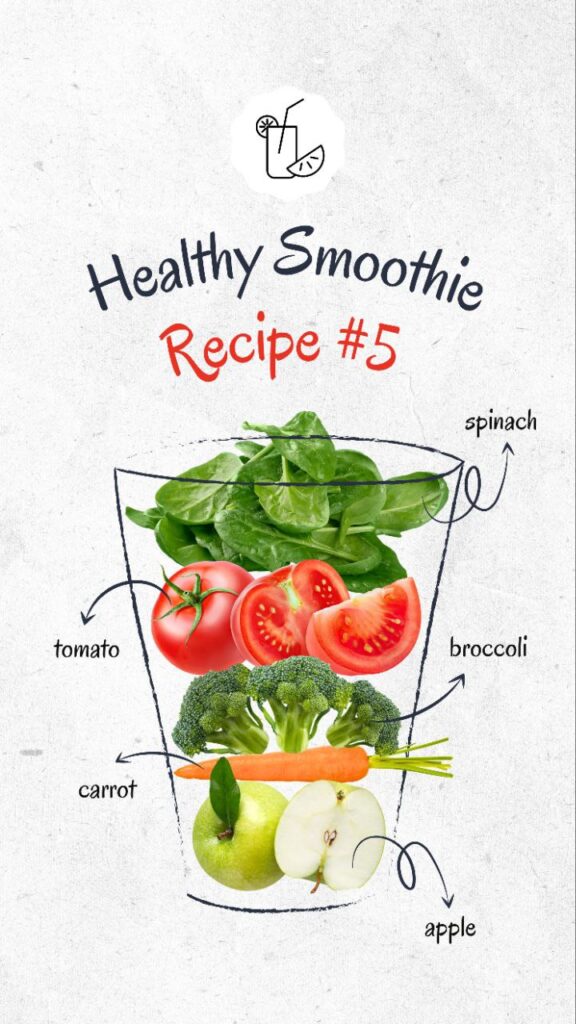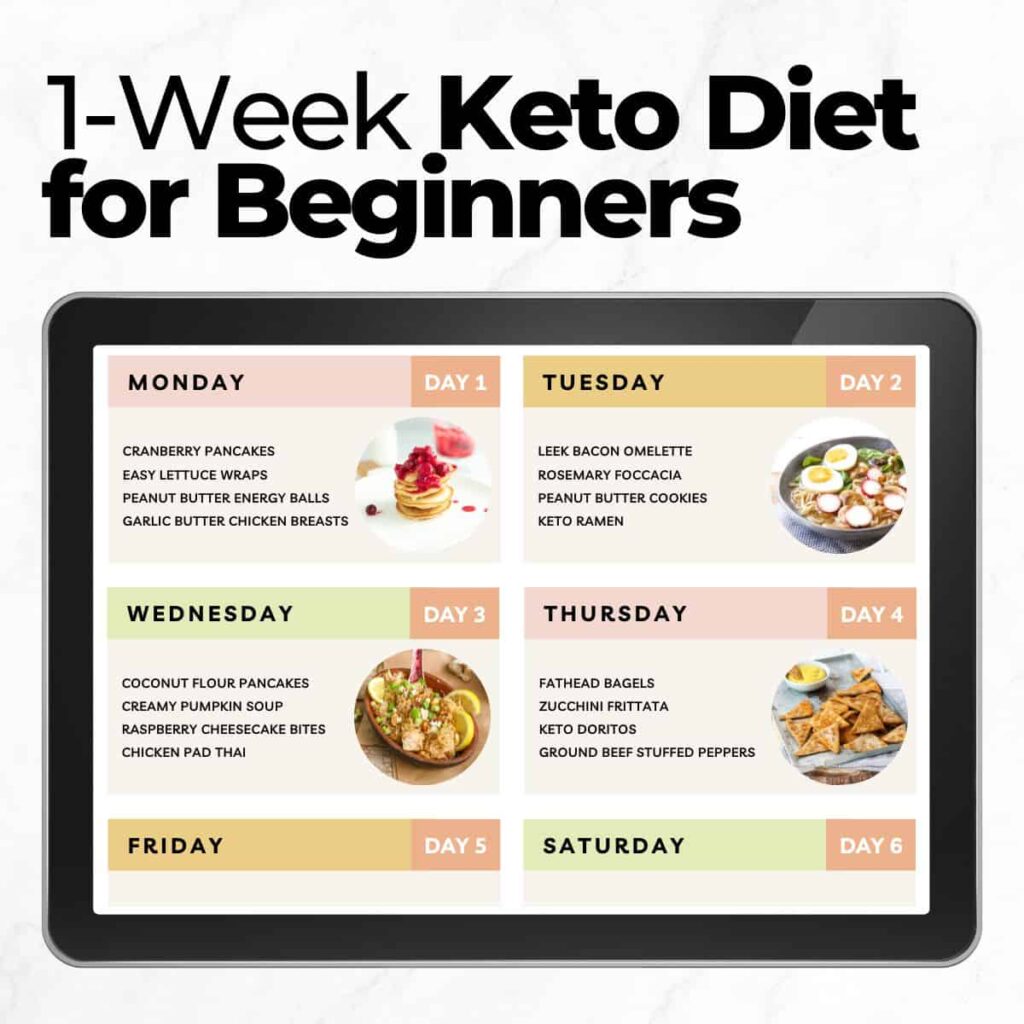
What Is A Keto Diet?
Can you believe the keto diet started over 90 years ago to cure epilepsy in children? It did start to lose its impact after a few years as new medicines were introduced and released onto the market. But would you believe Mother Nature was doing a better job relieving epilepsy than the new medications? Maybe that is why it started to become popular again around 1994. It became noticeable again when a young Charlie Abraham made an astonishing recovery from epilepsy seizures he had daily. So happy were his family with these results that they decided to start “The Charlie Foundation.”
The ketogenic diet is a high-fat, low-carbohydrate dietary approach that shifts your body’s primary fuel source from glucose (derived from carbohydrates) to ketones (produced from fat breakdown). This metabolic state is called ketosis. Weight Loss: Some research suggests the keto diet may promote weight loss in the short term, possibly due to reduced appetite and increased calorie burning. Blood Sugar Control: The keto diet can improve blood sugar control in individuals with type 2 diabetes, potentially reducing medication needs. Other Potential Benefits: Studies have explored the keto diet’s potential benefits for various conditions, including epilepsy, polycystic ovary syndrome, and certain neurological disorders. However, more research is needed. Important Considerations
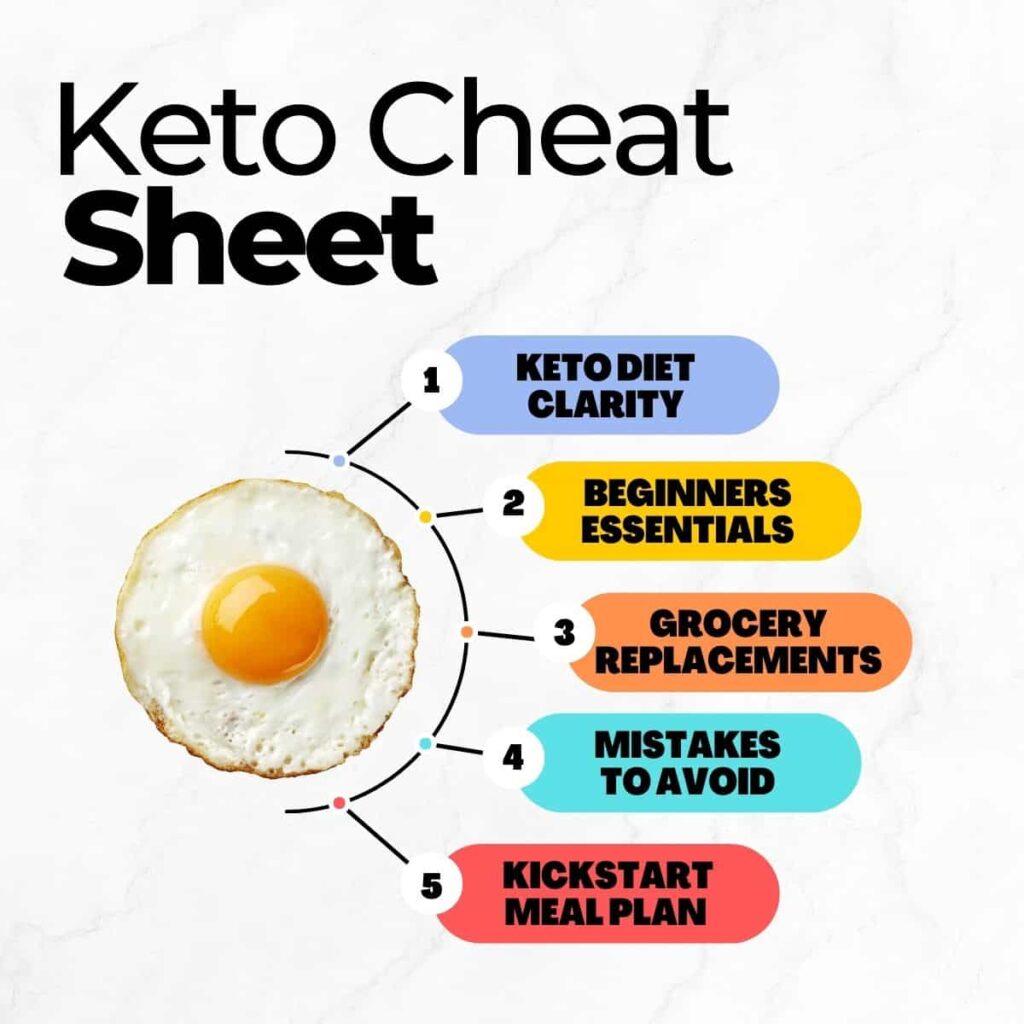
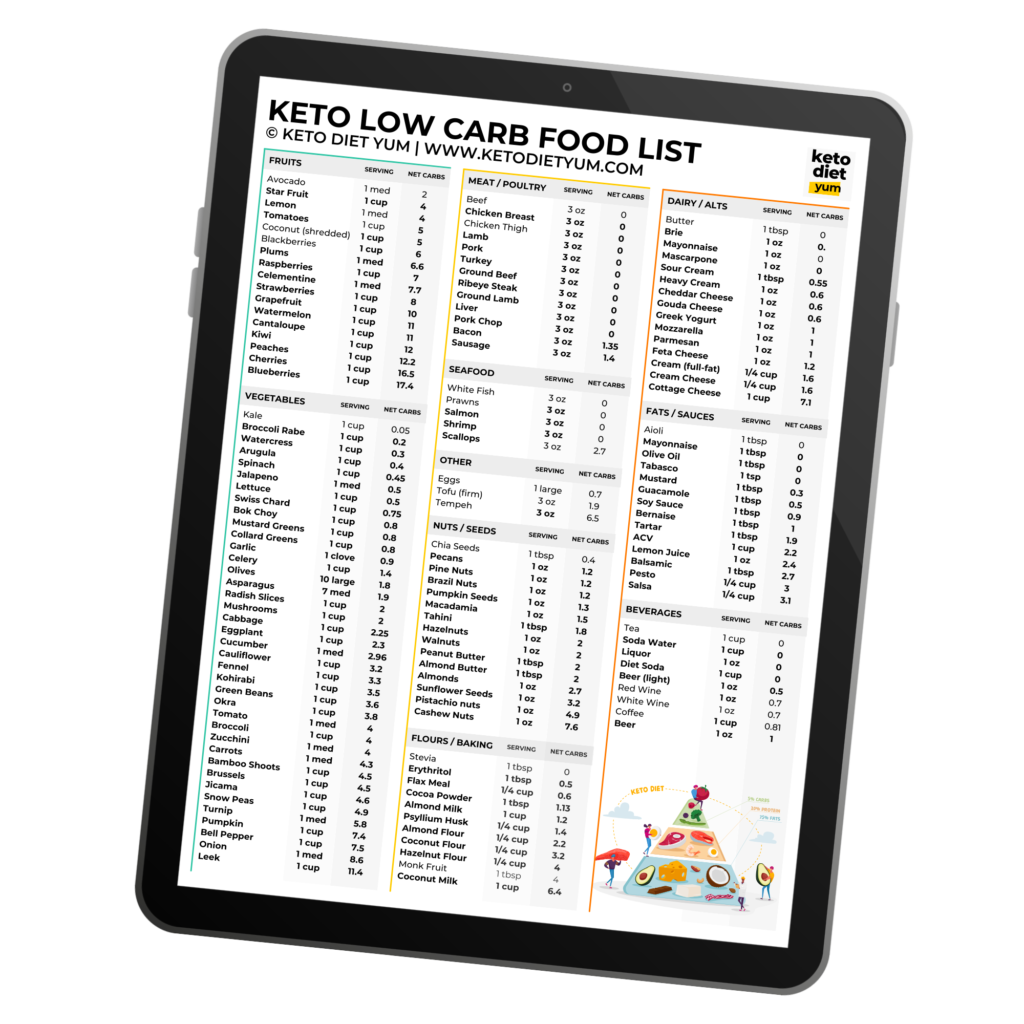
Potential Side Effects: Starting keto can lead to the “keto flu,” with symptoms like fatigue, headaches, and nausea. Long-term effects are still being studied. Nutrient Deficiencies: Restricting carbs can limit essential nutrients. Careful planning and supplementation may be necessary. Sustainability: The keto diet can be challenging to maintain long-term due to its restrictive nature. Not for Everyone: The keto diet is not suitable for everyone, including pregnant or breastfeeding individuals, those with certain medical conditions, and people taking specific medications.
Potential benefits of the keto diet
Weight loss: Studies have shown that the keto diet can be effective for weight loss in the short term. However, long-term studies are still needed to confirm its effectiveness and sustainability.
Improved blood sugar control: The keto diet can help manage blood sugar levels in people with type 2 diabetes. However, it’s important to work with a healthcare professional to monitor your blood sugar closely and adjust medications as needed.
Reduced risk of certain health conditions: Some research suggests that the keto diet may reduce the risk of certain health conditions, such as heart disease and epilepsy. However, more research is needed to confirm these findings.

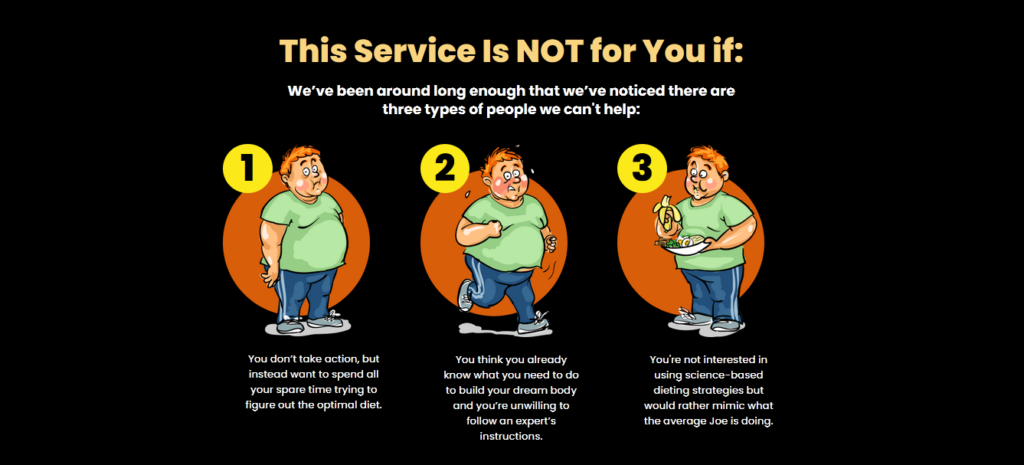
1. Different Keto Variations:
- Standard Ketogenic Diet (SKD): The classic version with 70-80% fat, 5-10% carbs, and 15-20% protein.
- Targeted Ketogenic Diet (TKD): Allows strategic carb intake around workouts for improved performance.
- Cyclical Ketogenic Diet (CKD): Cycles periods of ketosis with higher-carb phases.
- High-Protein Ketogenic Diet (HPKD): Increases protein intake to 25-35% while keeping carbs low.
2. Micronutrient Considerations:
- Electrolytes: Sodium, potassium, and magnesium are crucial for maintaining balance. Supplementation might be needed initially.
- Fiber: Focus on low-carb vegetables and consider fiber supplements to aid digestion.
- Vitamins and Minerals: Include a variety of low-carb vegetables and consider a multivitamin to fill any gaps.
3. Potential Benefits (Research is ongoing):
- Weight Loss: Effective for short-term weight loss, but long-term sustainability needs evaluation.
- Blood Sugar Control: Can improve blood sugar management in type 2 diabetes, but close monitoring with healthcare professionals is essential.
- Brain Health: Some studies suggest benefits for cognitive function and neurological conditions like epilepsy, but more research is needed.
- Other Potential Benefits: Improved heart disease markers, reduced inflammation, and acne management are being explored, but require further investigation.
4. Potential Drawbacks and Side Effects:
- Keto Flu: Initial adjustment period with symptoms like fatigue, headaches, and nausea.
- Digestive Issues: Constipation, diarrhea, and gallstones are possible, especially in the beginning.
- Nutrient Deficiencies: Careful planning is crucial to ensure adequate intake of essential vitamins and minerals.
- Social Challenges: Sticking to the diet in social settings can be difficult.
- Not for Everyone: People with certain health conditions (kidney disease, etc.) should avoid keto.
5. Sustainable Practices:
- Focus on whole, unprocessed foods: Prioritize low-carb vegetables, healthy fats, and moderate protein sources.
- Plan and prepare meals: This helps stay on track and avoid unhealthy temptations.
- Find support: Join online communities or connect with a registered dietitian specializing in keto.
- Listen to your body: Adjust the approach based on individual needs and consult healthcare professionals if needed.
Our Most Happy client Reviews
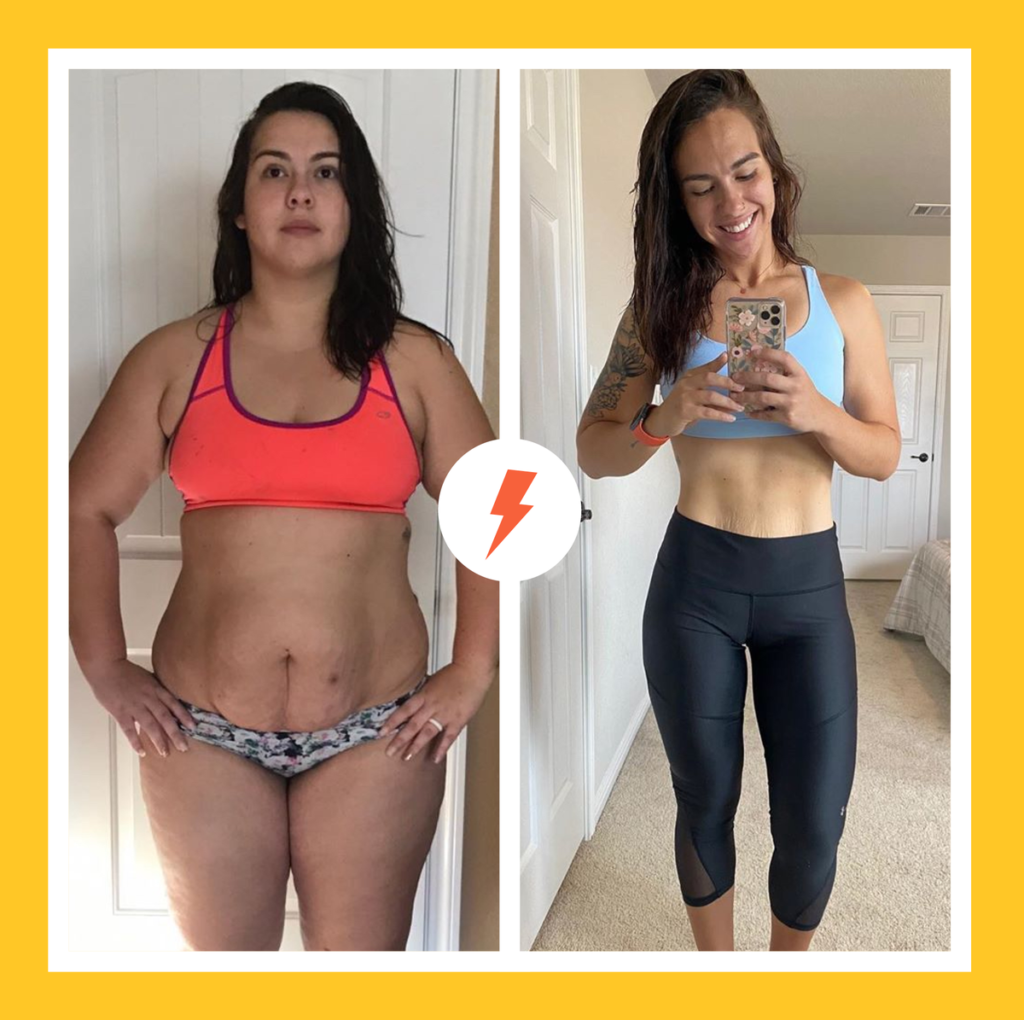
Hello everyone my name is shelon ,
I Tried the Ketogenic Diet for 30 Days to Lose Weight, and Here’s What Happened However, the simplicity of the ketogenic—keto for short—diet plan appealed to me, and I was looking to lose some weight ahead of a wedding I was attending.Four things that really helped me get started were: a goal a plan focusing on carbs only having a friend for accountability I started the keto diet about one month before the wedding to try to lose 10 pounds. Since a low-calorie diet can produce a 1- to 2-pound weight loss per week, 10 pounds over four weeks didn’t feel extreme. If the keto diet plan was as great as had been touted, I thought 10 pounds would be easy. Before I started, I spent several weeks researching the diet, following keto-focused Instagram accounts for inspiration, and creating a plan. I soon learned this last part was the most important thing for my journey
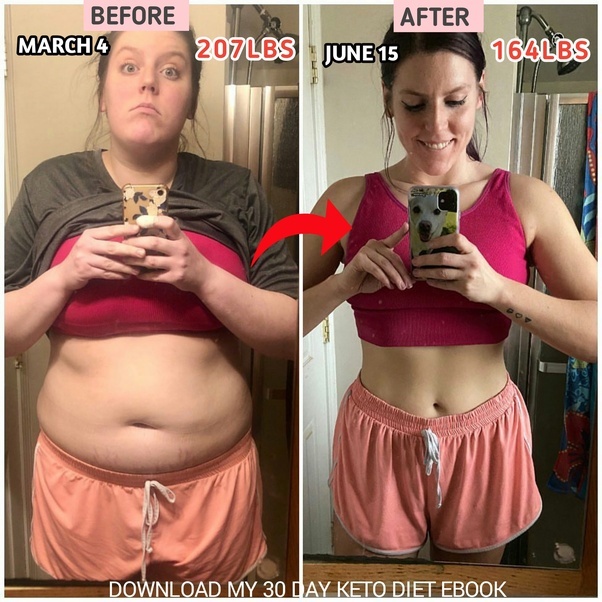
Hello everyone my name is Menom symond ,
The keto diet plan is a high-fat and low-carb (HFLC) diet. Although, I dare say that it’s extremely low-carb—you’re “allowed” to eat just 20 grams in a day, which is super low. Some people on keto follow a net-carb plan—you can subtract the grams of fiber from a food’s total carbs—which allows you to eat more carbs in a day. For my 30-day diet and the sake of simplicity, I stuck with total carbs. As a rule, I aimed for 20 g each day—2 at breakfast, 5 at lunch, 3 for snacks and 10 for dinner. I found that if I aimed for 20, I’d land under 30. That was successful enough for me.
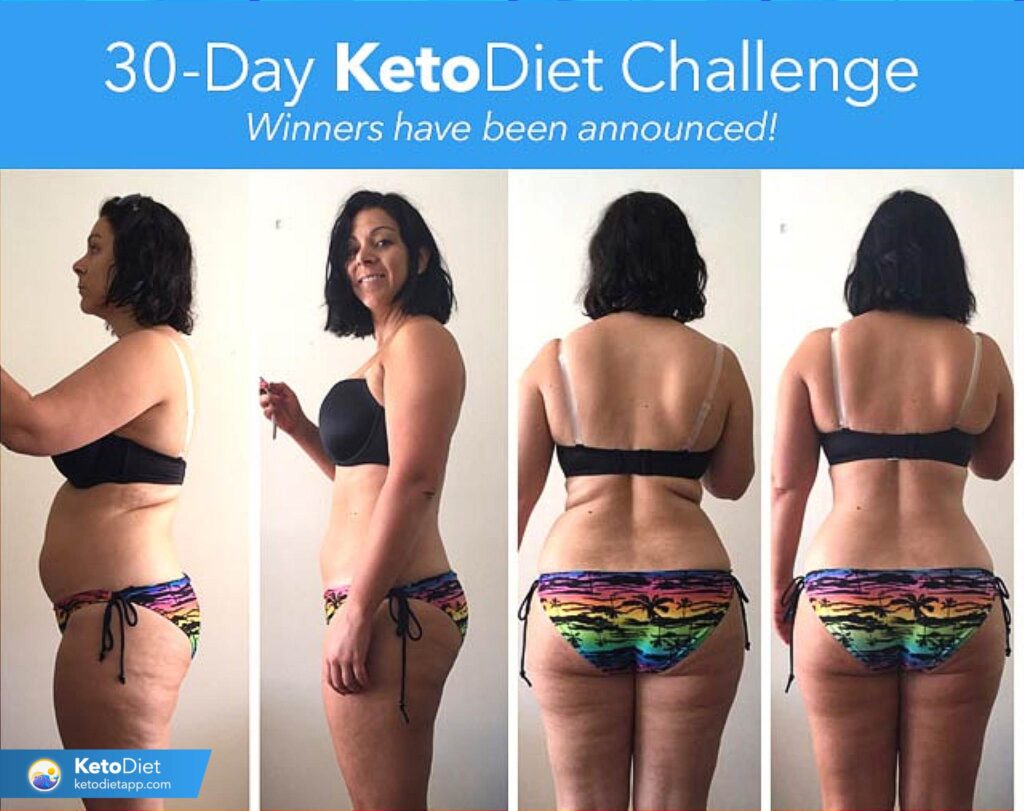
The key to hitting my number was to plan, plan, plan. I planned out all three meals, condiments and snacks on the weekends for the next week. If I knew what I was having ahead of time, I found managing the infrequent cravings and hunger pangs easier. I can’t stress enough the importance of planning for a keto diet. I use to take 30 days keto diet plan and this is my result .
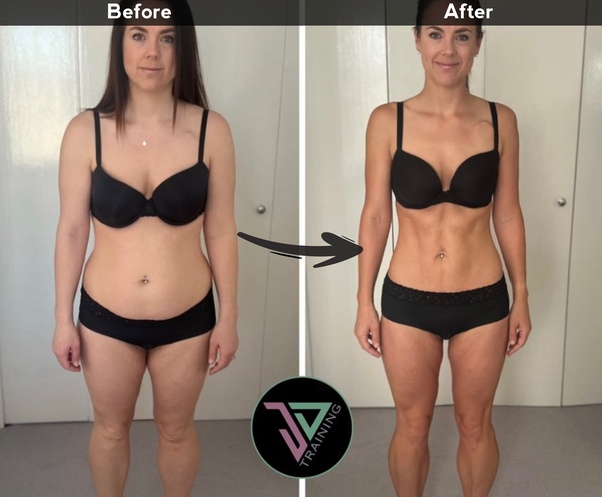
I Beat My Weight Loss Goal While I set out to lose 10 pounds, I quickly surpassed my goal. I lost 10 pounds within three weeks and hit 15 pounds two days before the wedding. It’s important to remember that when you are on a low-carb diet of any type, you will lose several pounds in the first few days. That’s because your body is dropping water weight. When I returned to typical eating over the wedding weekend, I gained 4 pounds because when I started eating carbs again the water weight returned.


